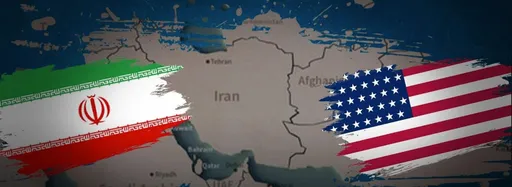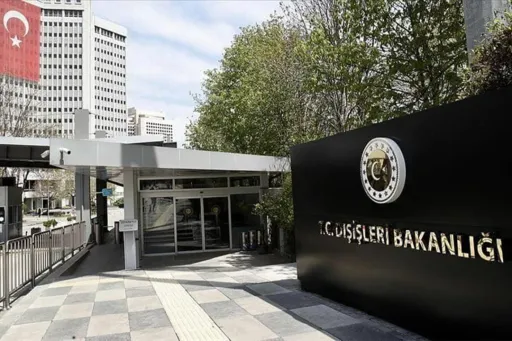Last Saturday, young Palestinian hero Ahed Tamimi and her mother Nariman Tamimi were released from an Israeli prison much to the delight of their village's residents and the international community.
Ahed Tamimi completed an 8-month sentence for slapping an occupation soldier, an incident that went viral on the internet. Upon her release, the young woman took advantage of the international media attention she garnered to bring to light the injustice of Israeli apartheid and Palestinian children unjustly imprisoned and sentenced in ‘the only democracy in the Middle East’.
As Ahed frequently insists, she is not in any way, nor by any means, the sole victim of Israeli criminality.
In a recent interview, she says, “They are afraid of the truth. If they were not wrong, they would not be afraid of the truth. The truth scares them. And I managed to deliver this truth to the world. And of course, they’re afraid how far I reached. They always fear the truth, they are the occupier, and we are under occupation.”
However, despite her messages, the Western media lens remains sharply focused on the young pale-skinned, blue-eyed, girl, arguably because she is the more relatable figure. At the very least when contrasted against another heroic figure, the 36-year-old veiled woman, Dareen Tatour.
Tatour and Tamimi are both feminist Palestinian heroes in their own right
It is apparent, as Tamimi indicates, that indeed, the truth does frighten the Israeli government, so much so it selectively expresses its democracy, even upon its own citizens. The selective freedoms of Israeli democracy is personified through Tatour, a Palestinian poet with Israeli citizenship that has been sentenced for ‘inciting violence’ through a poem.
Titled, ‘Resist, My People, Resist Them,’ which she posted on Facebook in 2015 was considered ‘grounds’ for legal punishment. Her sentence—handed down yesterday—to 5 months in prison comes after a near three-year-long house arrest.
The prosecutors farcically claimed that she supported the Islamic Jihad’s call for a new uprising because of a Facebook post – and therefore her poem must be construed as inciting terrorism.
In order to fully comprehend the extent of the imbalance of justice, experts are comparing her 5-month sentence to that of Israeli soldier Elor Azaria—sentenced to just 9 months for the killing of Abdel Fattah al Sharif—the selective justice speaks for itself.
This not only violates her freedom of expression, which she, as any Israeli citizen, should be entitled to, but also her freedom of movement as the unjust extended detention period shows.
Is the off-handish treatment of Tatour down to her less-appealing image as a veiled feminist within those driving ‘white feminism’ and the dominant narrative of Western media outlets?
The question stands, why don’t we hear more about her case?
She, like many other veiled women, run contrary to popular tropes but are still worthy of the same media attention given to the Tamimi women.
Tatour bravely places her literary work in the political dimension whereby she juxtaposes personal horrors with their political equivalents. She is a survivor of rape, wherein her rapist, she claims, had a role to play in her imprisonment.
Through her work she challenges both her rapist as well as the lopsided Israeli judicial system.
“The personal rape and political rape that I experienced were both committed by masculine authority. I am detained only because I dared to say no to occupation and no to rape. Rape is like occupation and vice versa, and because I’m a woman who loudly declared the identity of both of my rapists and confronted them through my poems, they tried to imprison my voice. They thought they could scare me, but my voice is louder,” she says in an intimate interview - one of the few covering her plight.
She actively seeks to play a role in the political sphere, particularly highlighting the plight of women. She adds, “My role in society, however, changed profoundly. The trial gave me more recognition as a poet who defied the Israeli regime as well as social conventions and the masculine order with her words. I was often pleased that my position and my trial influenced women, especially in their status as poets, creators, and artists. Many artists around the world took notice of my case and used my trial as inspiration for their own artistic expression.”
It is potently clear that Israel not only frequently violates the rights of children as expressed by Tamimi, but of women in a much broader sense. They seek to cripple powerful individuals, those brave enough to use their own bodies as physical proof of injustice.
Both Tamimi and Tartour seek to highlight a vital message: Israel must be accountable for its occupation.
With equally strong voices expressing the same message, it is crucial that these women be given equal weight in the global arena – and the physical appearance of women, once again, must not be the peg upon which to stake international media attention.























